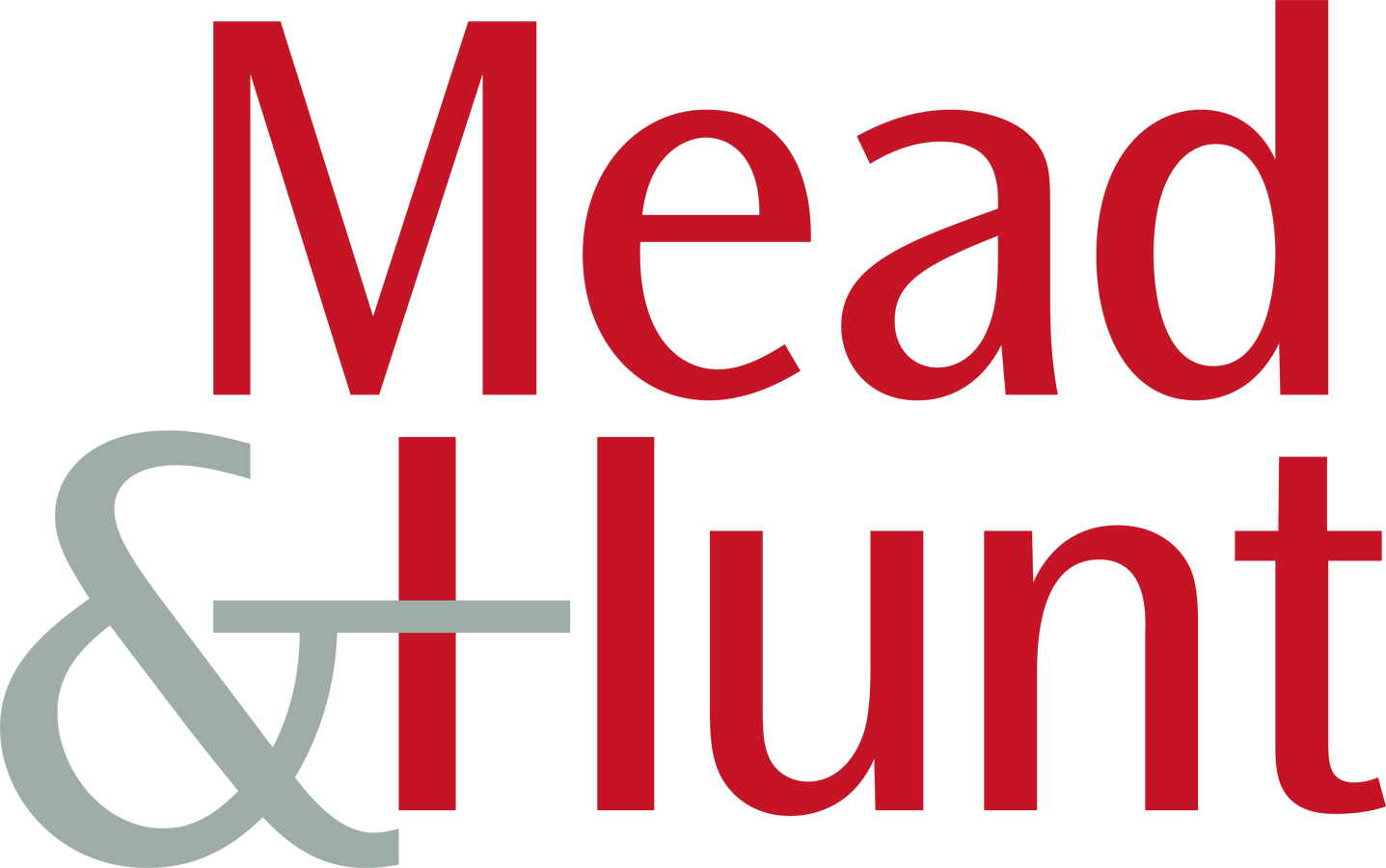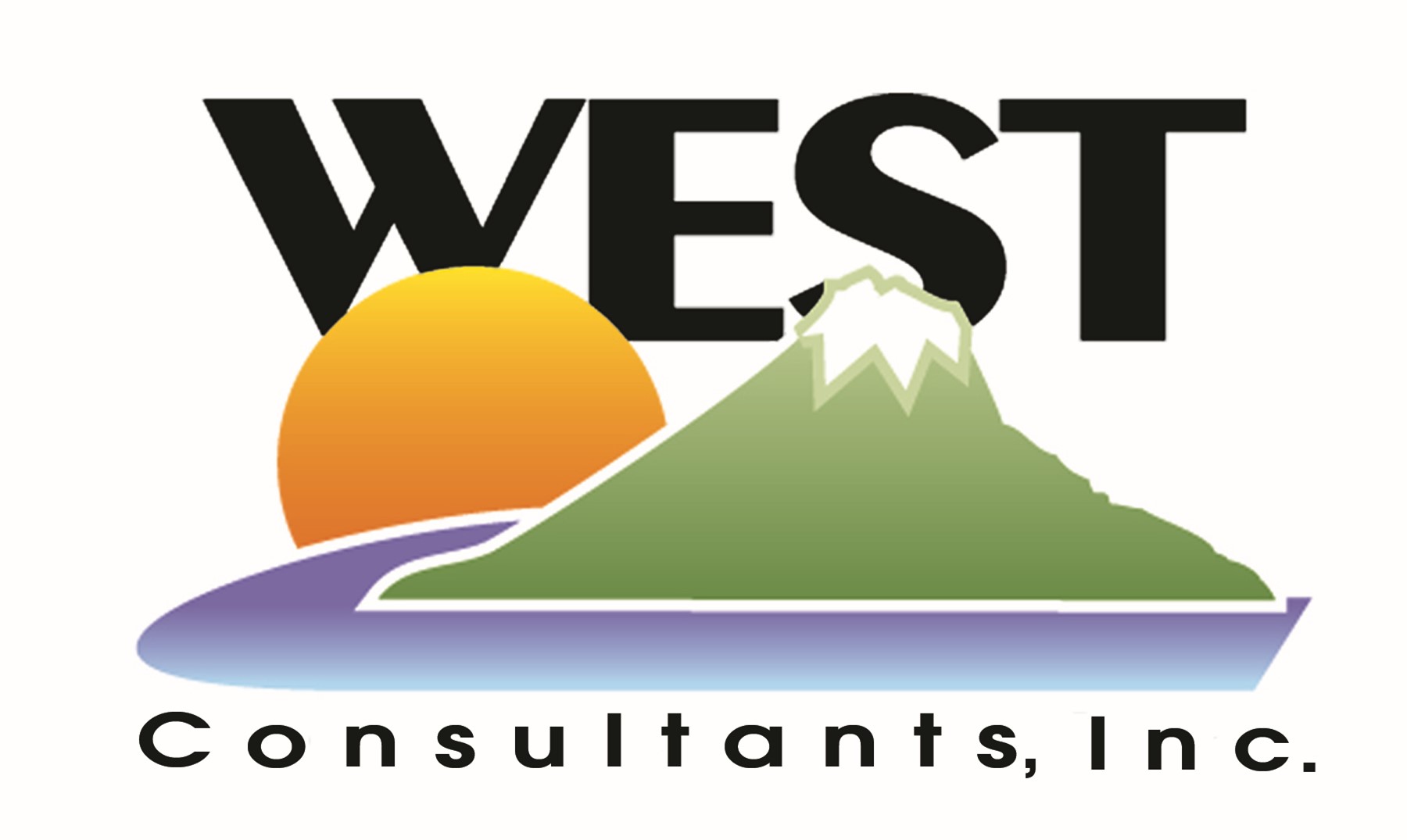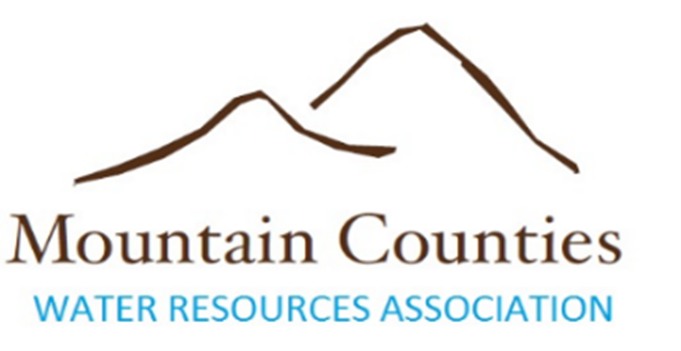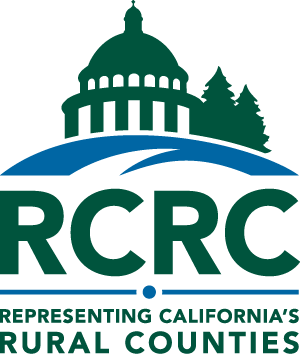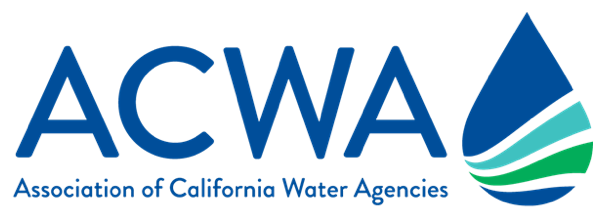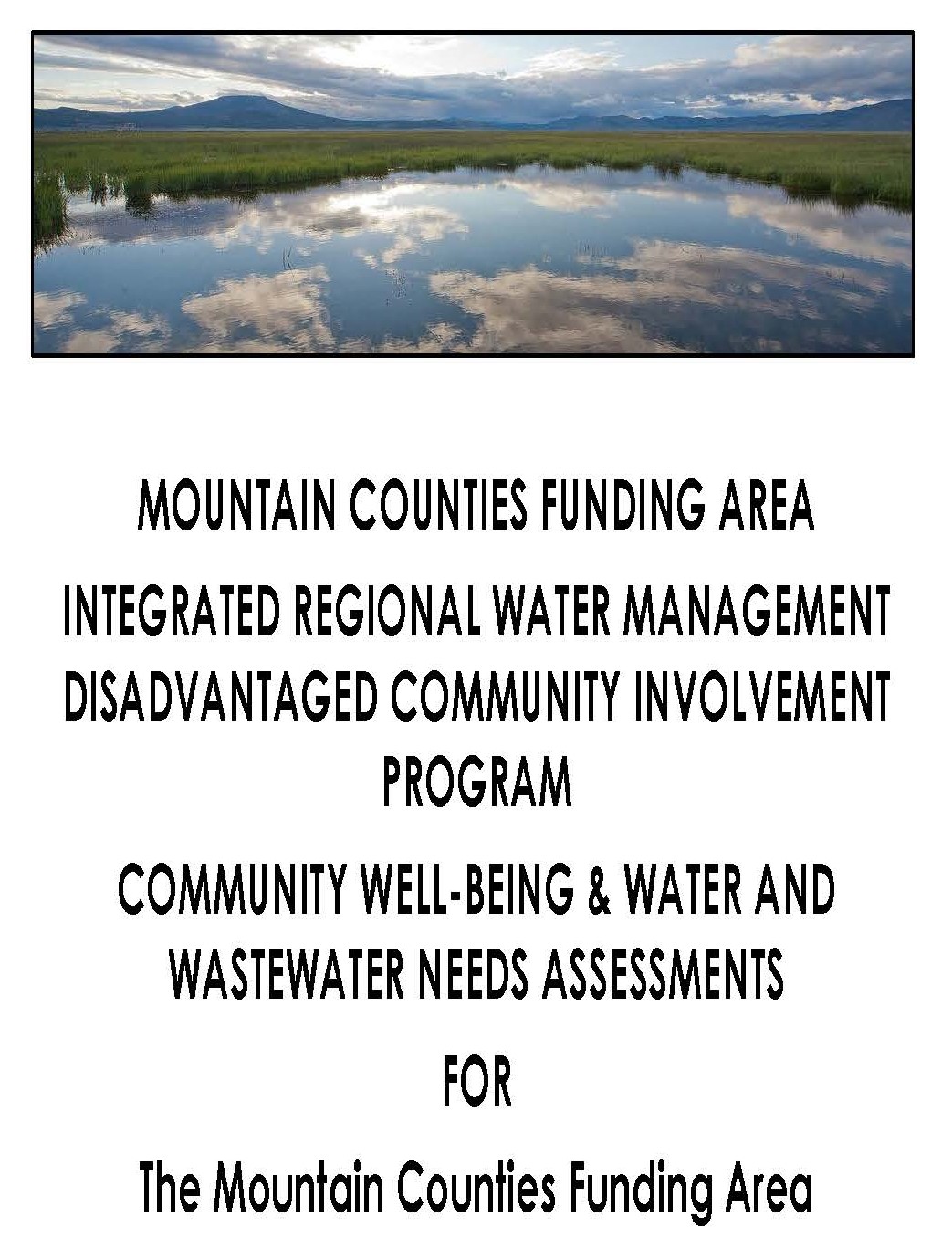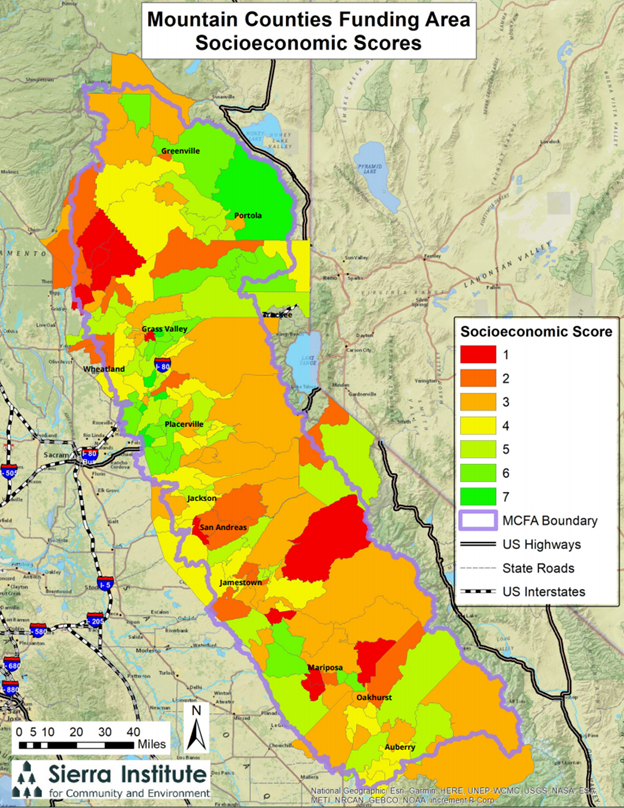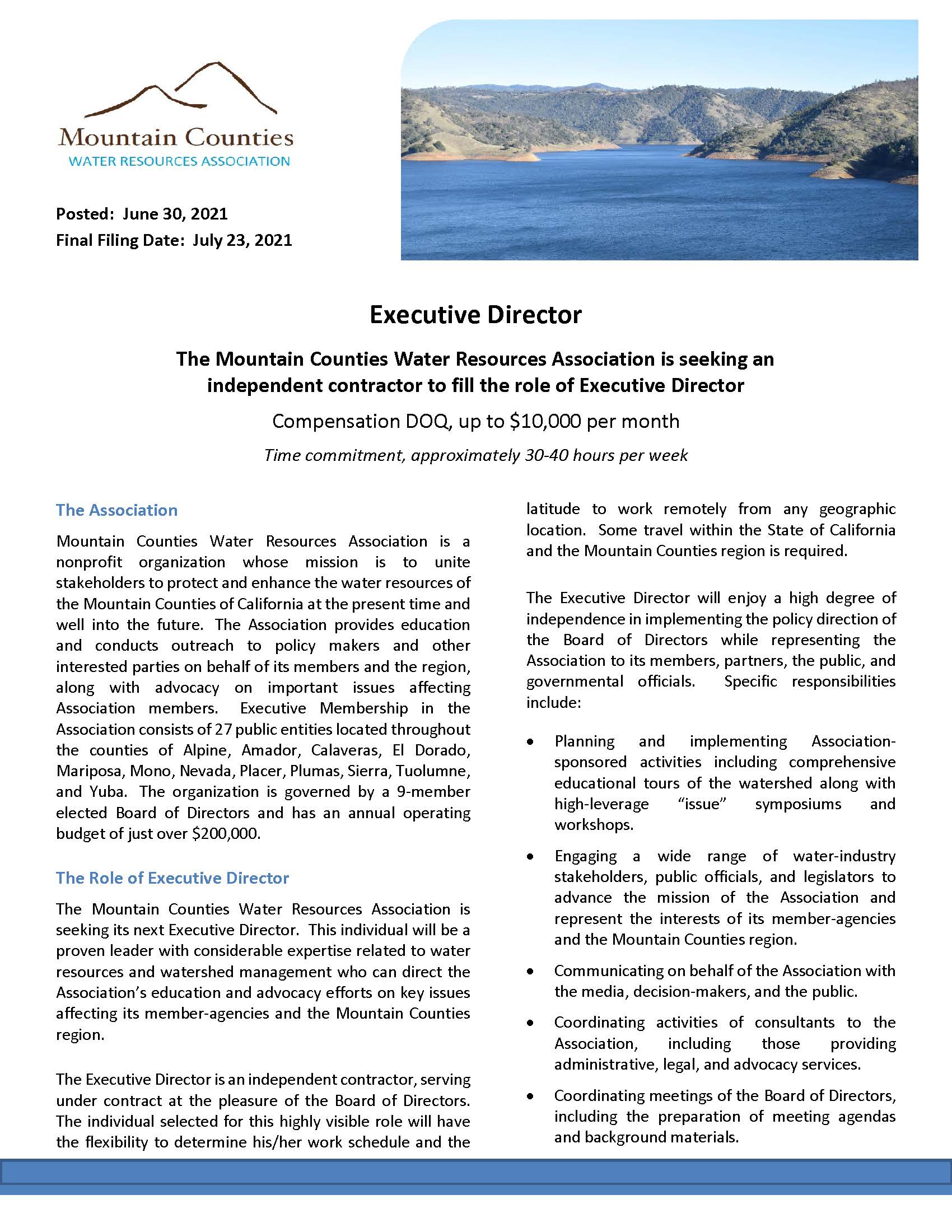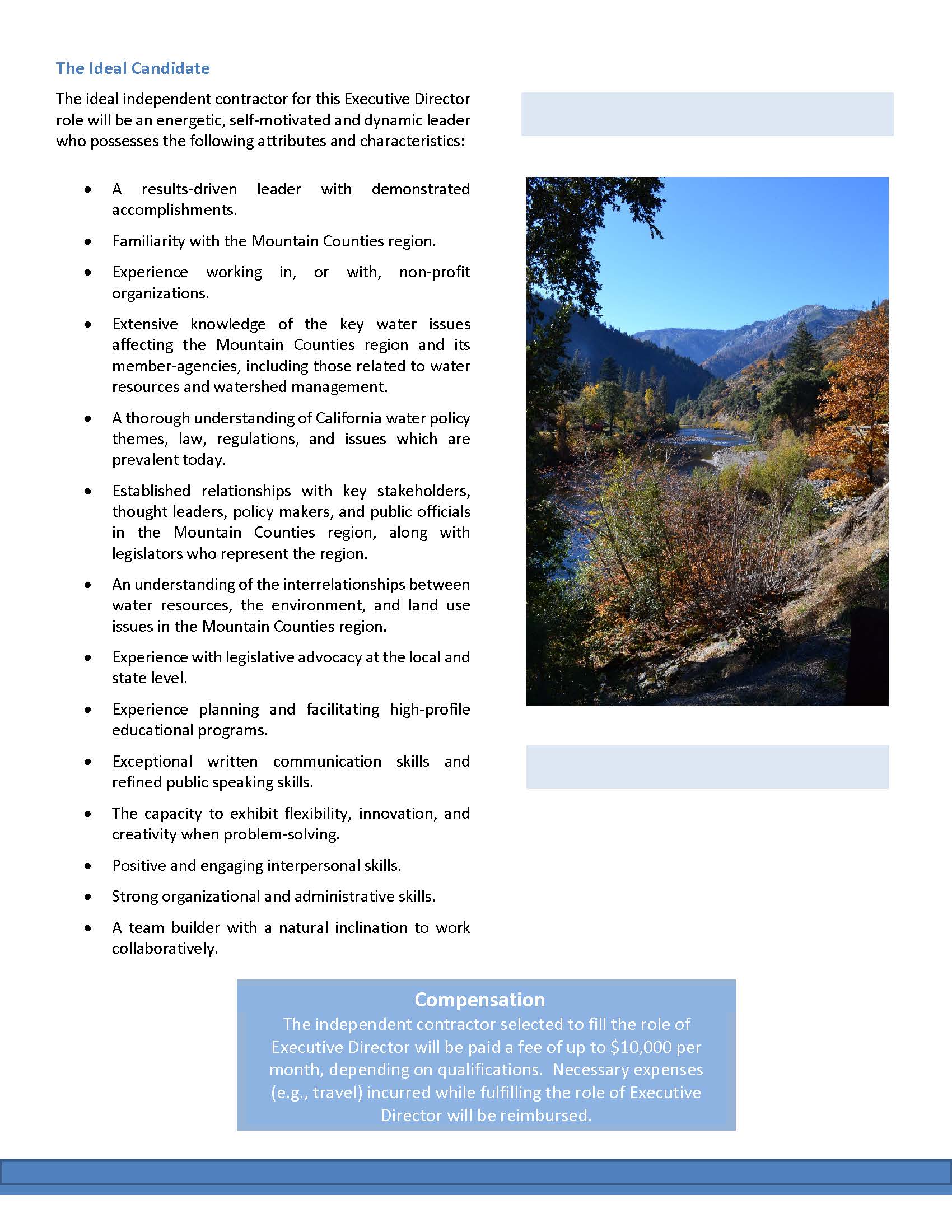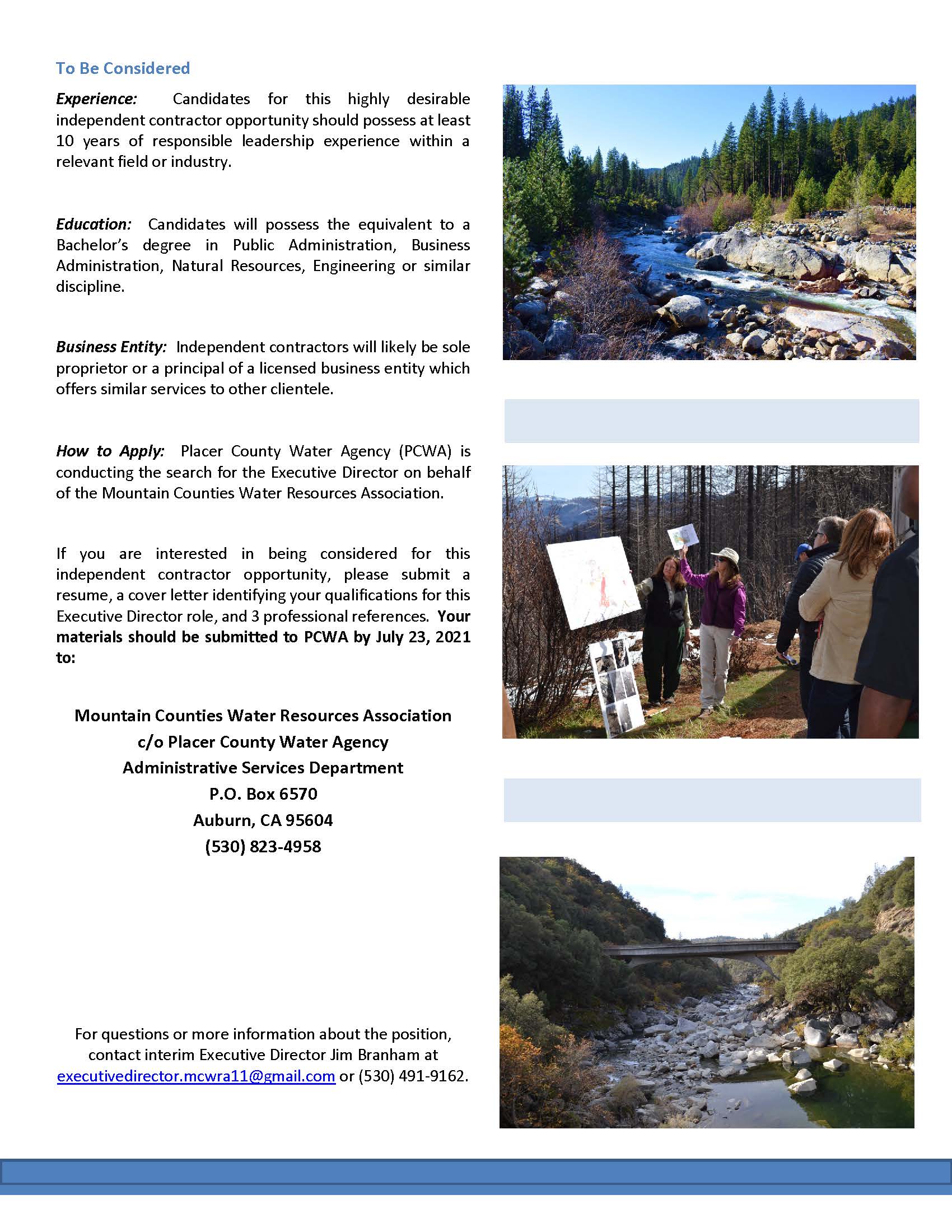Last Chance to Register for MCWRA’s October 27th Event!
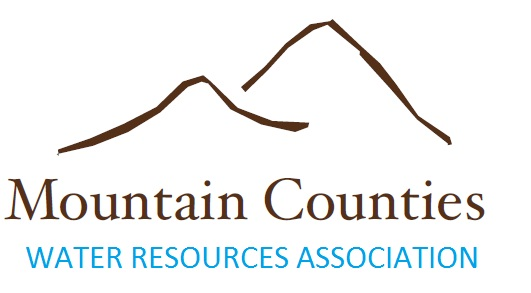
Drought, Fire and a Changing Climate:
Where Do We Go from Here?
Registration will close at 11:59 PM on October 21, 2021
Date: October 27, 2021
Time: 8:30 a.m. – 1:30 p.m.
Location: Blue Goose Event Center, 3550 Taylor Rd, Loomis, CA 95650
Register here: https://mcwra.brownpapertickets.com/
Admission is $45 for MCWRA members and $55 for non-members. Check-in and networking will begin at 8:30 a.m., with the program starting at 9:15 a.m.
Notes: If you have any questions about the registration process or if registration level is closed, please email Rayann La France at mcwra.office@gmail.com to be placed on a waiting list. Speakers, sponsors, and special guests will receive an email from Rayann or Jim Branham with a promo code and instructions to register. Online registration is required, no walk-ins. Space is limited, all sales are subject to availability.
Agenda
| 8:30 | Registration/Networking |
| 9:15 | Welcome/Introductions |
| Acknowledgement of John Kingsbury and Ginny Borkowski | |
| Acknowledgement of Jim Branham | |
| Introduction of Justin Caporusso, Executive Director | |
| 9:30 | Building Resilience in the Sierra Nevada |
|
|
| 9:45 | Comments from Mary Jo McGuire |
| Second VP of the National Association of Counties | |
| 10:00 | Water Data Analysis and Modeling: Understanding the past and present, planning for the future. |
|
|
|
|
| 11:00 | Break |
| 11:15 | Addressing the Severe Wildfire Risk Faced in the Sierra Nevada |
|
|
|
|
|
|
| 12:15 | Break for Lunch |
| 12:45 | The Wonderfully Complicated World of Water |
|
|
| 1:30 | Adjourn |
We hope to see you on October 27th!
THANK YOU TO OUR 22 EVENT SPONSORS!
Watershed-Level Sponsors ($2,500)
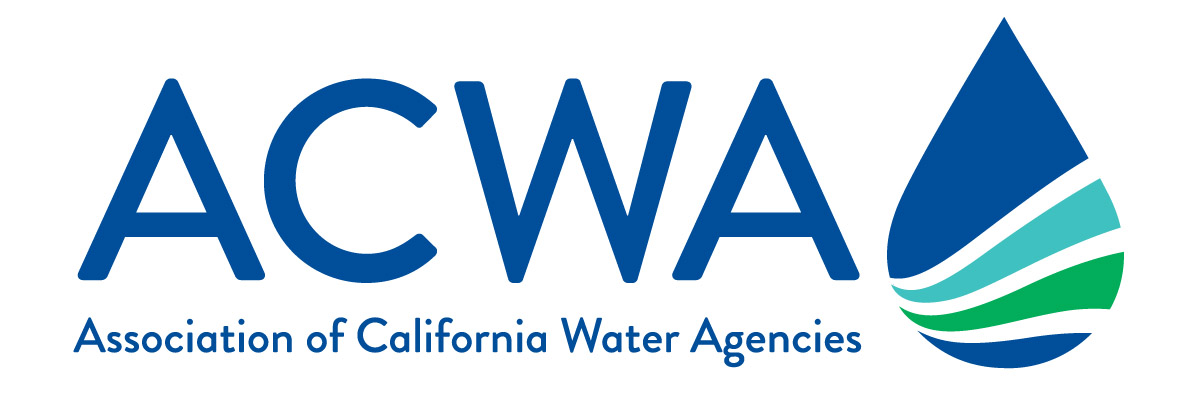
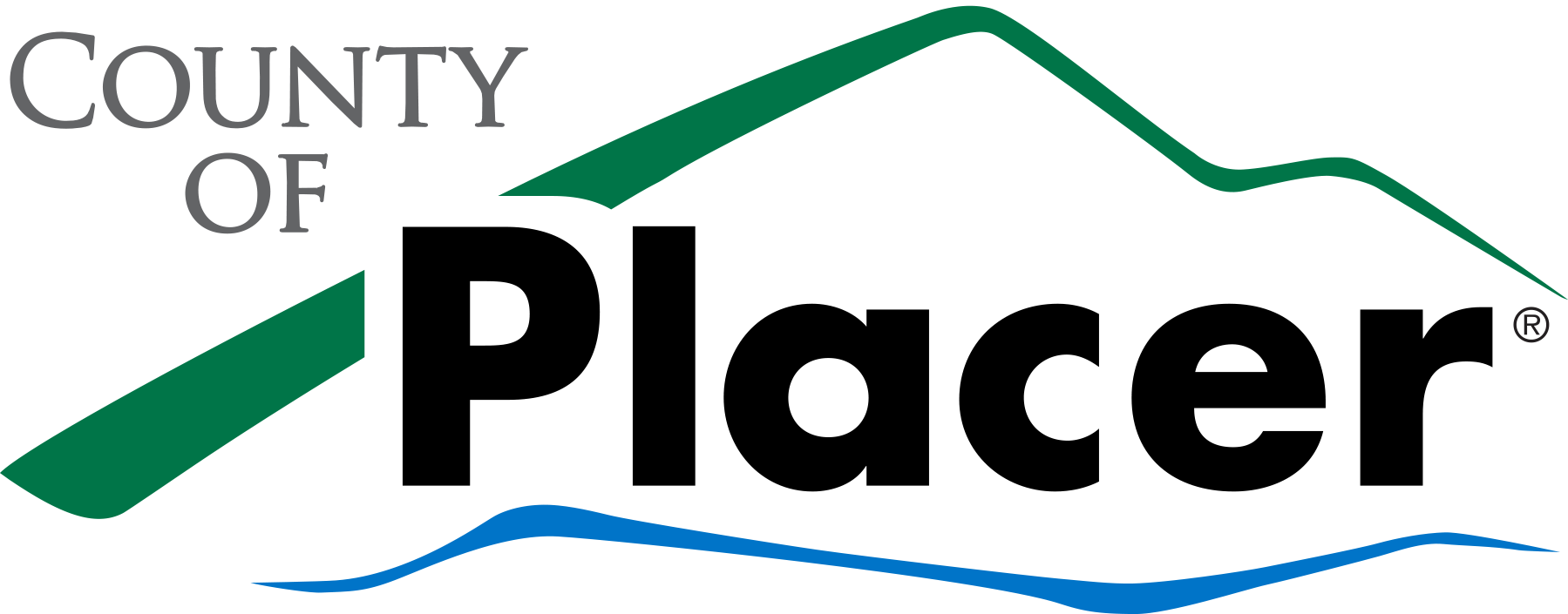

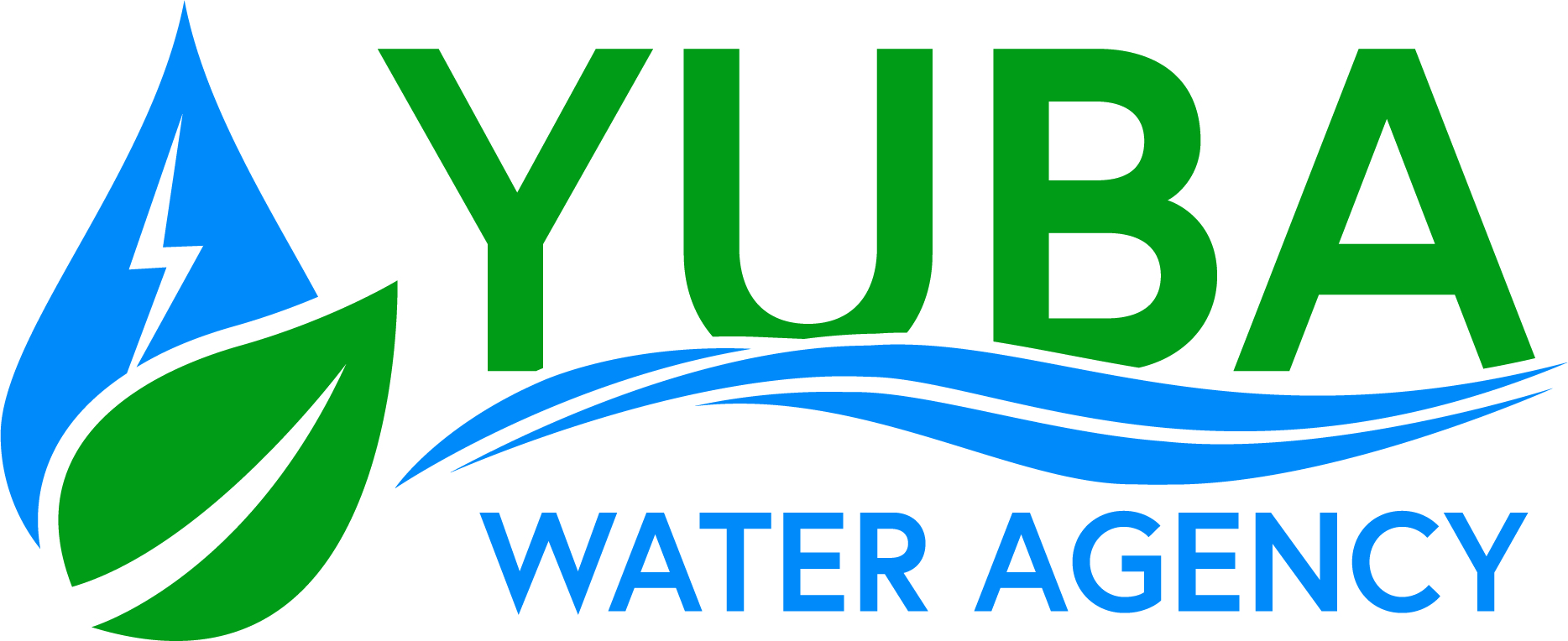
Lake-Level Sponsors ($1,000)




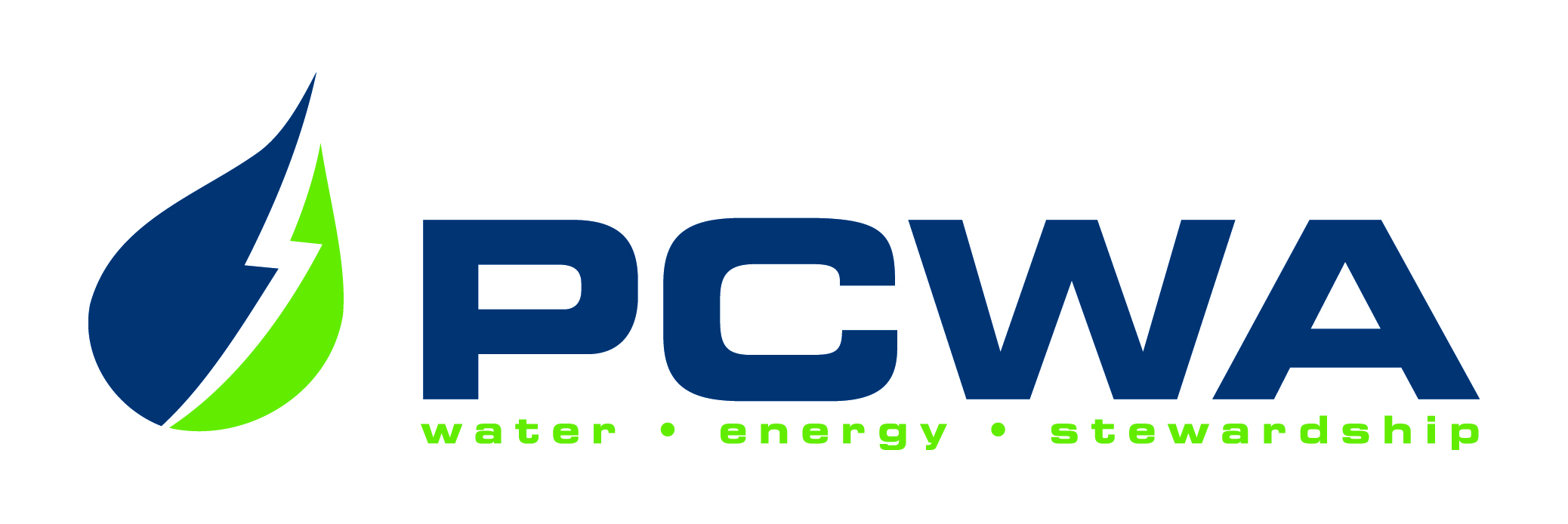
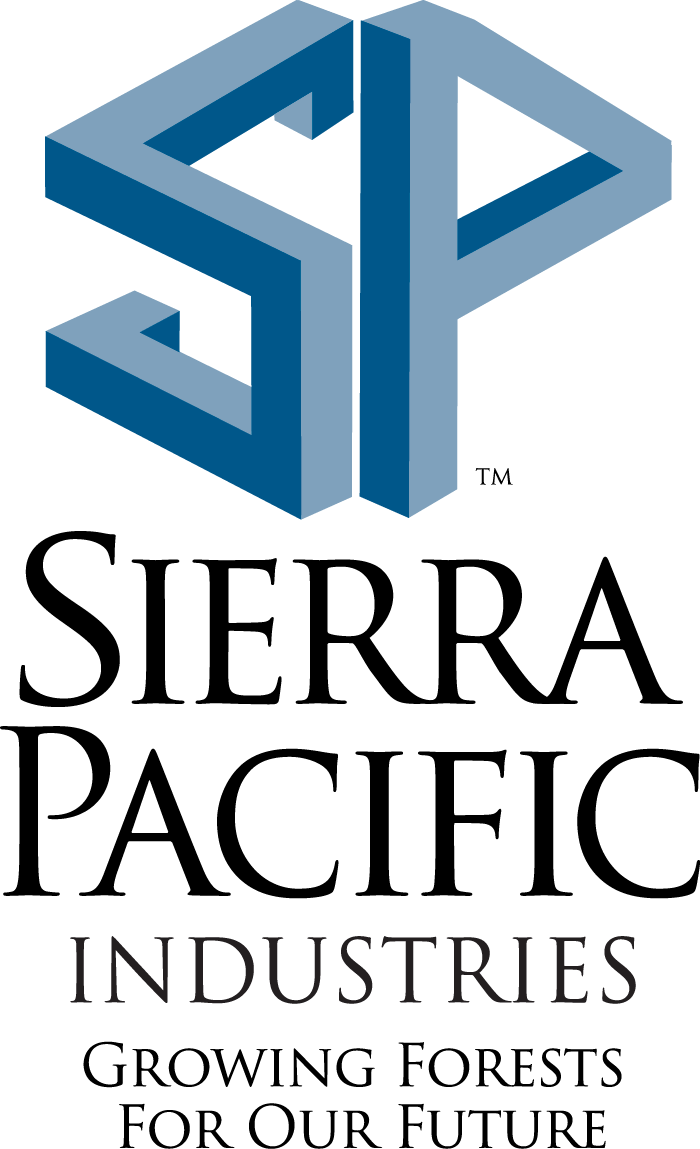

Stream-Level Sponsors ($500)



![]()


